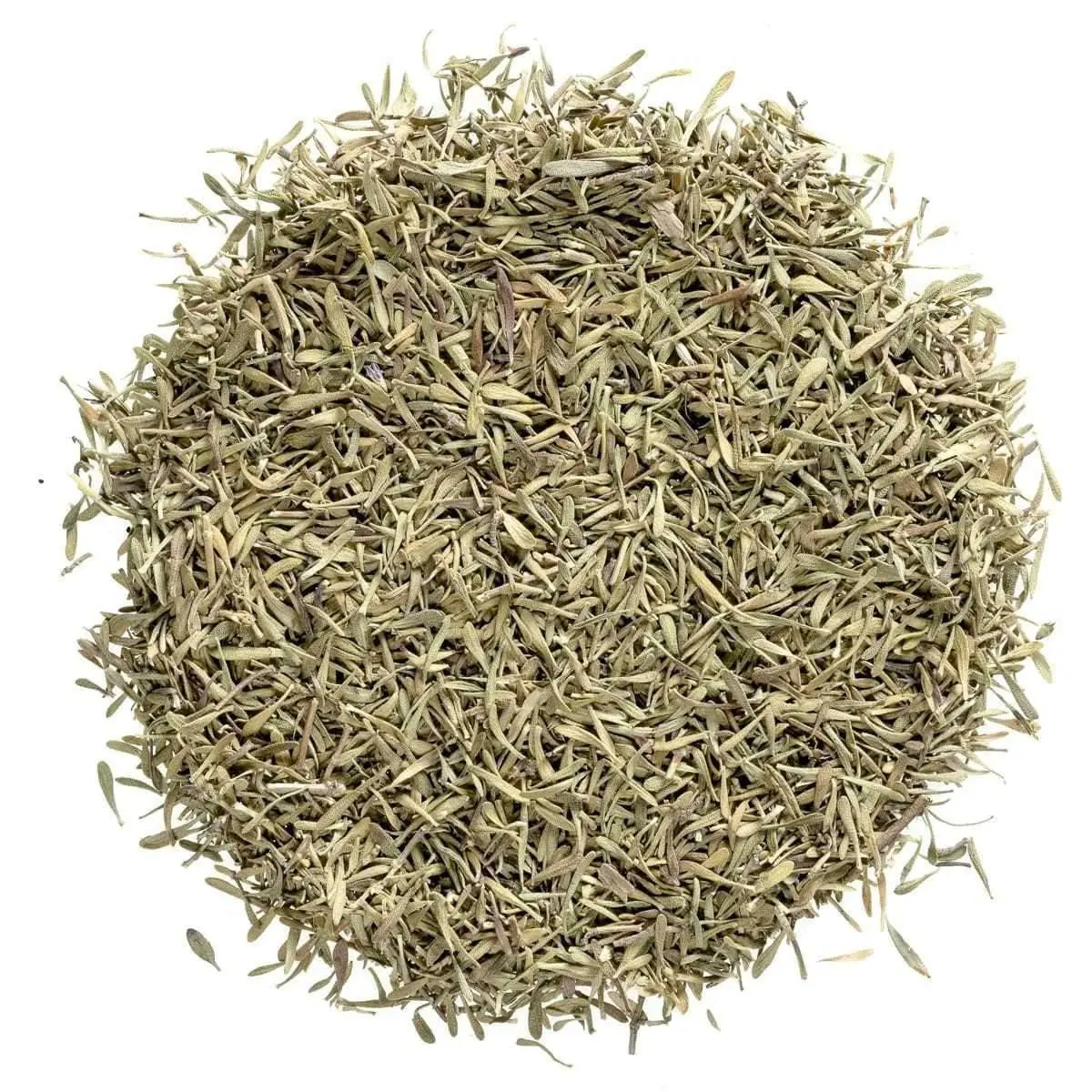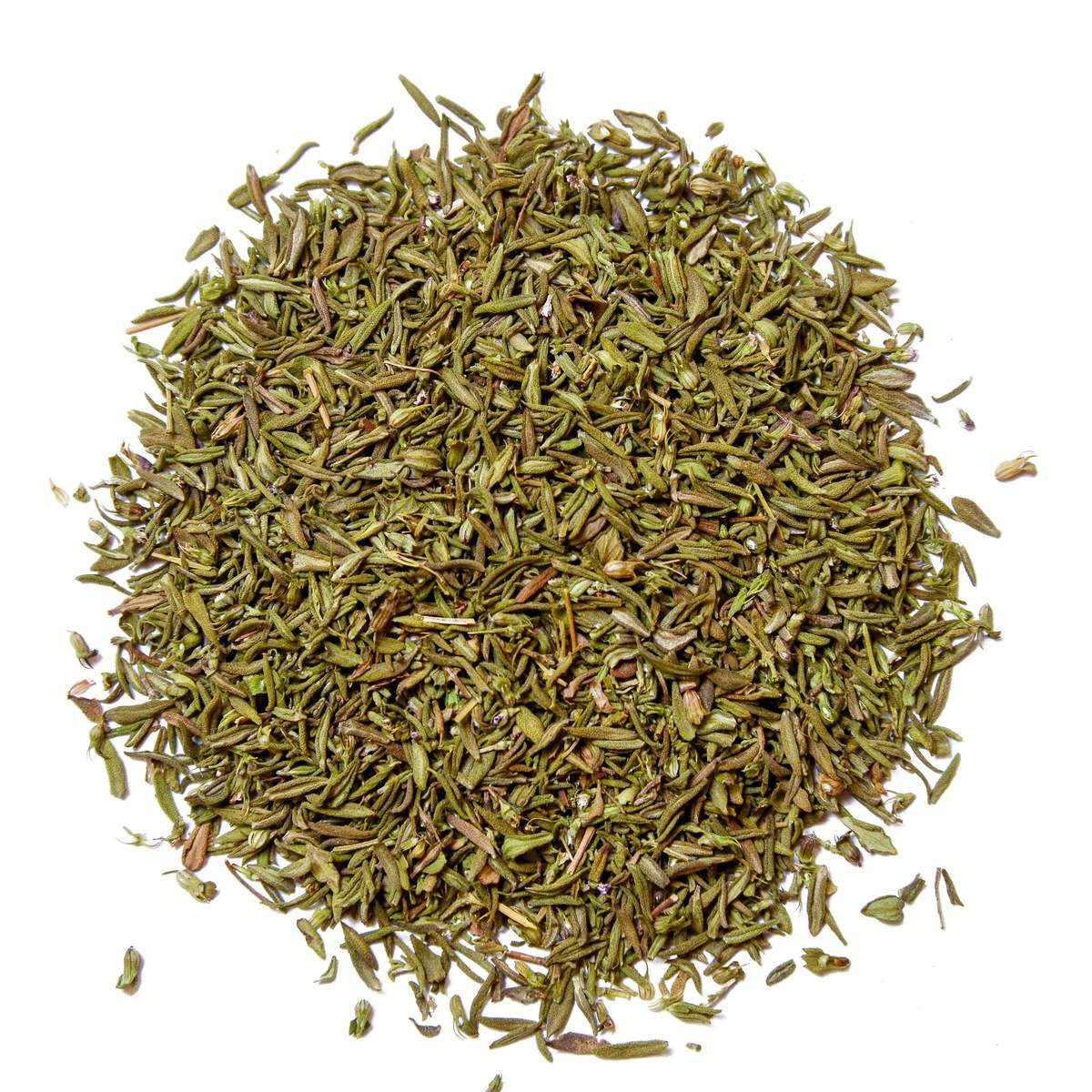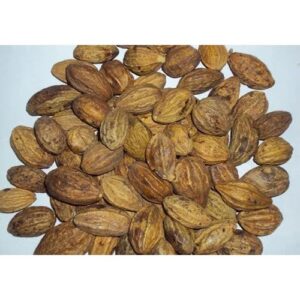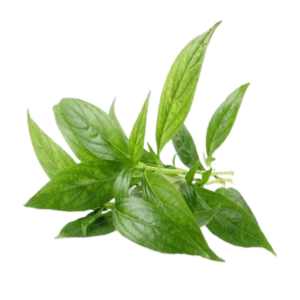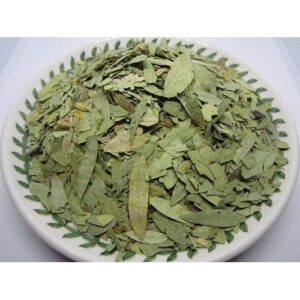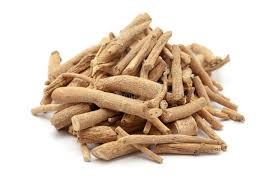Description
Common Names:
- Thyme
- Garden Thyme
- Common Thyme
Forms:
- Fresh Thyme: Used in cooking for its aromatic flavor.
- Dried Thyme: Often used as a spice in cooking and seasoning.
- Thyme Powder: Ground form of dried thyme, used as a seasoning.
- Thyme Extract: Concentrated liquid form used in supplements or as a flavoring.
Origin:
- Native Region: Mediterranean region.
- Cultivation: Widely grown in temperate regions around the world.
Nutritional Benefits:
- Rich in Vitamins: Contains vitamins C and A, which support immune function and overall health.
- Contains Essential Oils: Includes thymol, carvacrol, and other beneficial compounds with antimicrobial properties.
- Provides Minerals: Contains calcium, iron, and manganese.
Health Benefits:
- Antimicrobial Properties: Thymol and carvacrol in thyme have antibacterial and antifungal effects.
- Respiratory Health: Helps relieve symptoms of respiratory issues like cough and bronchitis.
- Digestive Health: Supports digestion and may help with gastrointestinal discomfort.
- Immune Support: Rich in antioxidants and vitamins that boost the immune system.
- Anti-inflammatory: Reduces inflammation and can support overall health.


